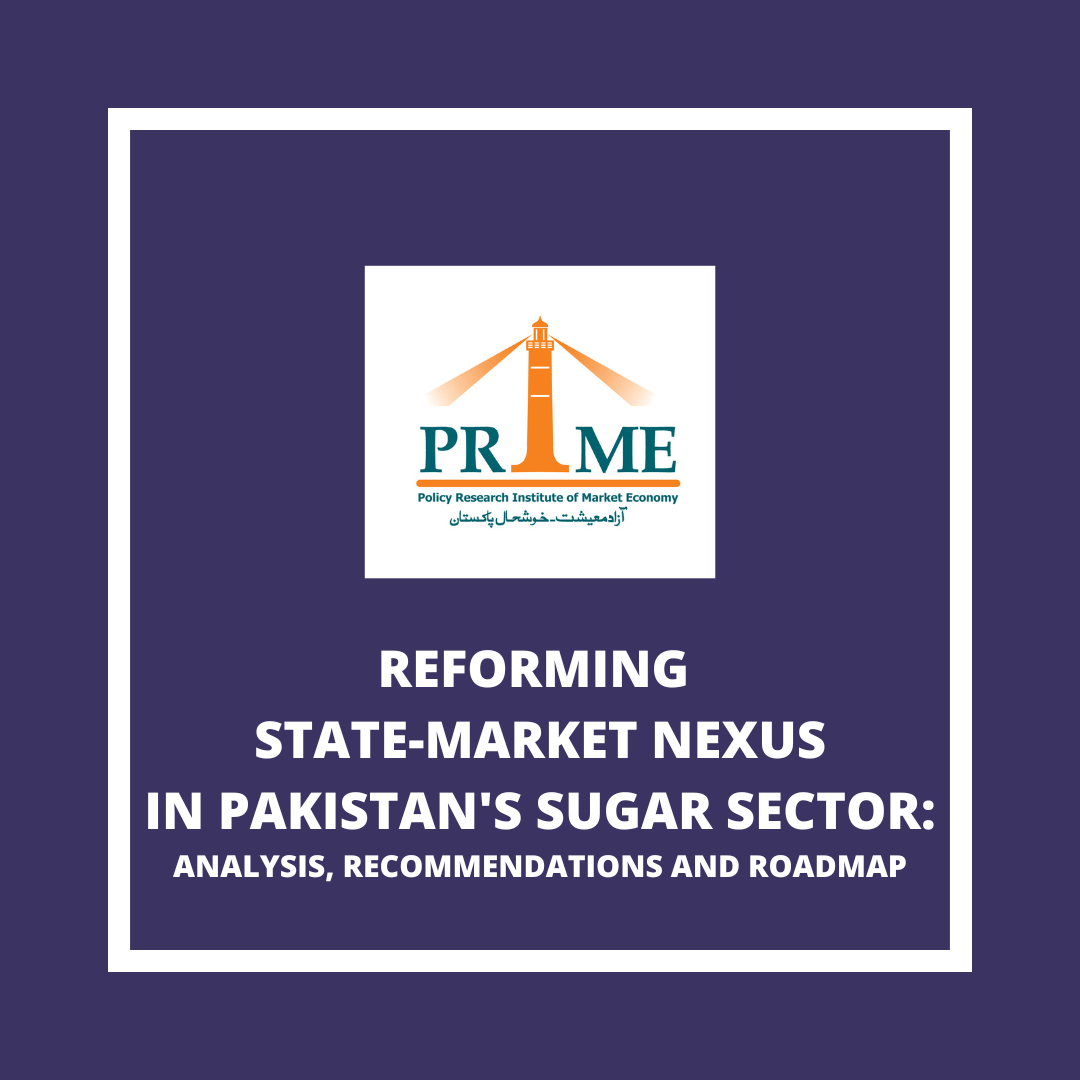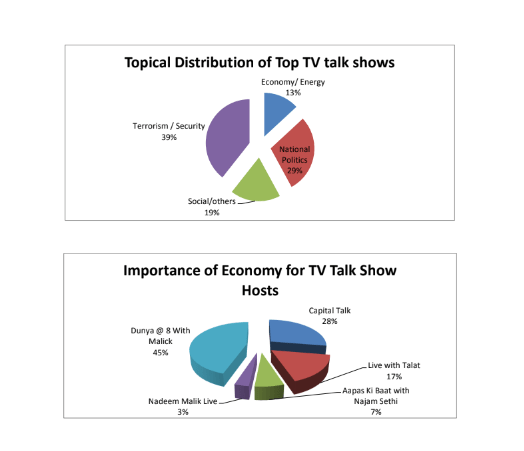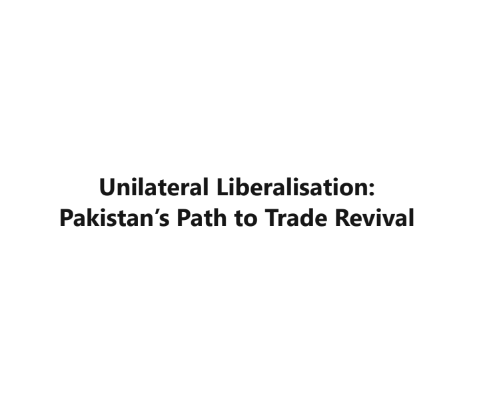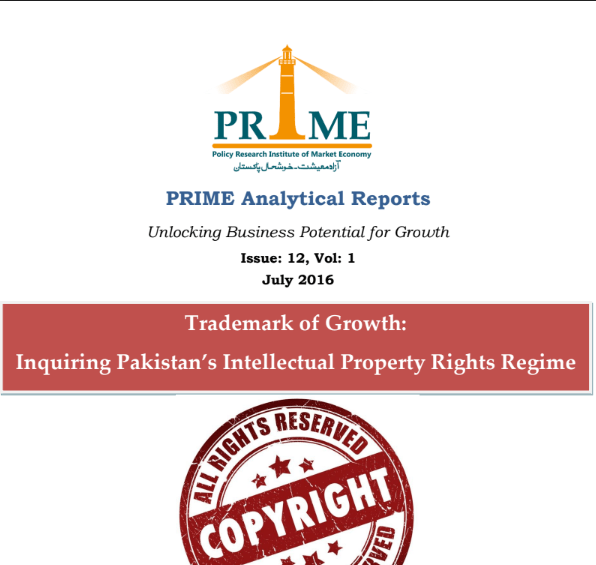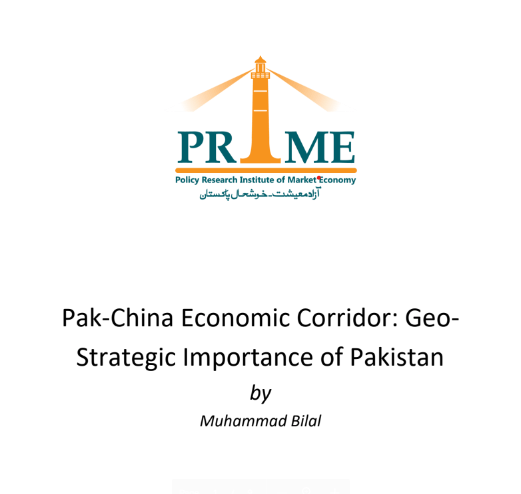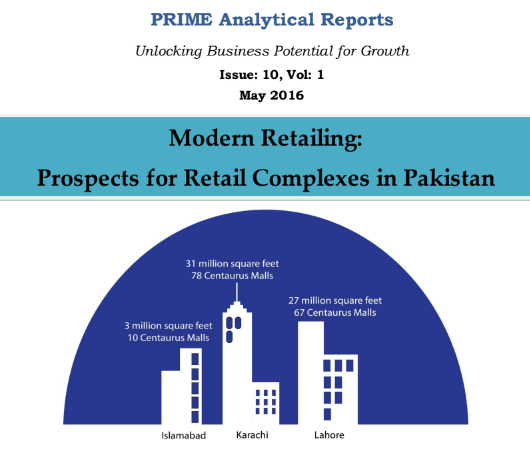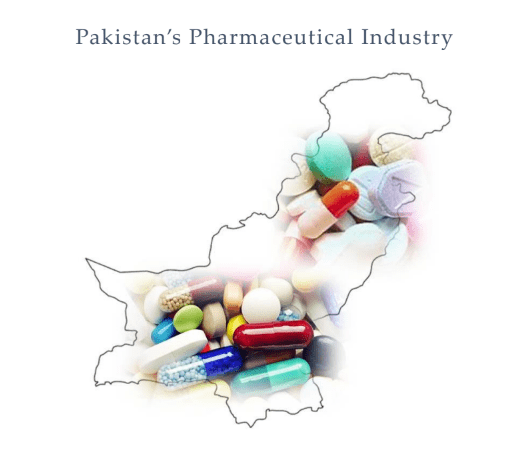REFORMING STATE-MARKET NEXUS: A CRITICAL ASSESSMENT OF PAKISTAN’S SUGAR SECTOR
In 2020, the Government of Pakistan conducted an inquiry into the sugar industry. The inquiry committee found irregularities in the sugar mills and claimed the prevalence of cartelization by sugar mills. Later the government constituted a committee to suggest recommendations for the overhaul of the sector and promote price stability. The committee also acknowledged the prevalence of excessive regulations and their contribution to the distortions and recommended removal of the excessive administrative footprint.
[CONTINUED]
To read more, click here: PRIME Policy Report – Project Sugar
For media inquiries, contact saad@primeinstitute.or

